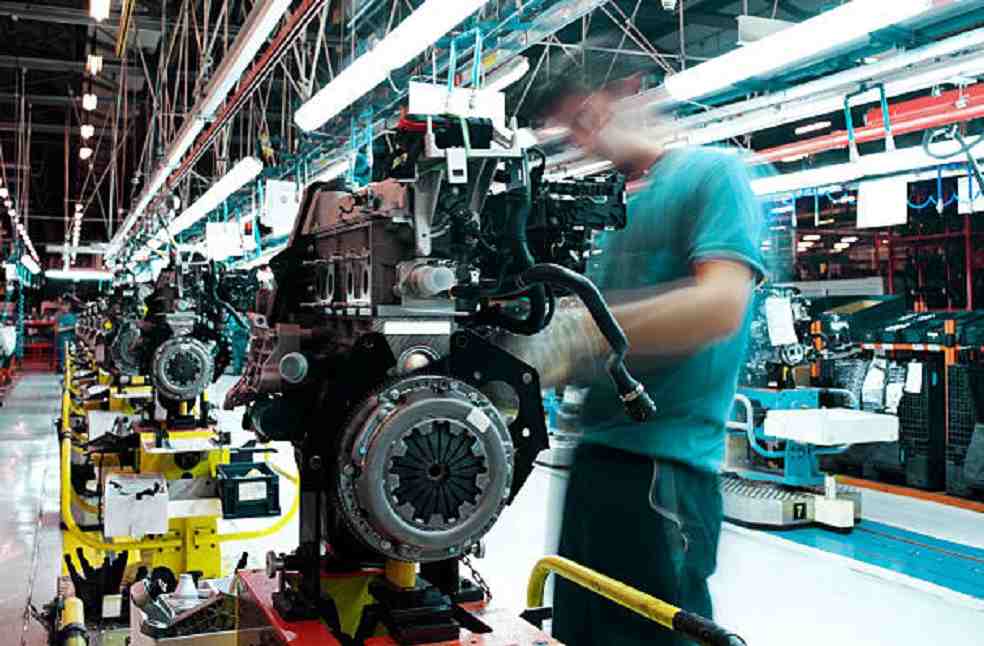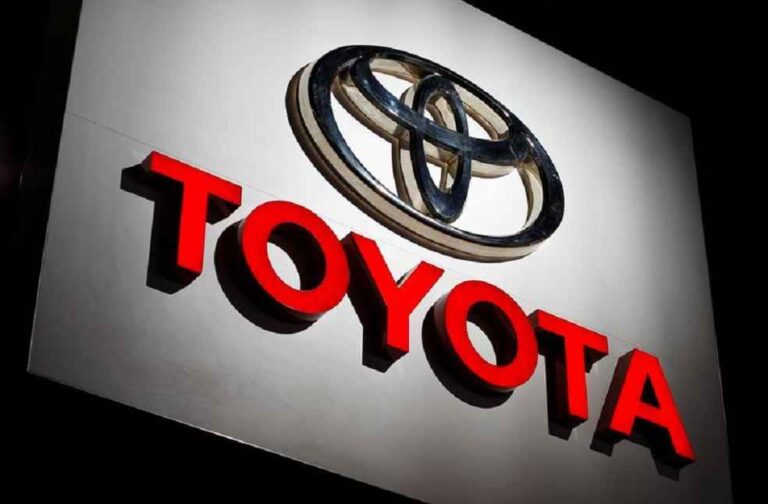Toyota, a Japanese automaker giant, projects a rebound in Pakistan’s auto sector. Despite a recent 50% plunge in vehicle sales, the company anticipates reaching 500,000 unit sales by 2030.
Recent data from the Pakistan Automotive Manufacturers Association (PAMA) and Karachi’s Topline Securities reveals a sharp decline. Auto sales dropped to 7,700 units in November, a 60% fall from the previous year. This downturn extends to the first five months of the current fiscal year, with sales halving to 33,638 units.
Despite the downturn, optimism prevails among automakers. Statista, a renowned business intelligence platform, forecasts Pakistan’s passenger-car market to exceed $4 billion in 2023.
Ali Asghar Jamali, CEO of Indus Motor Company (IMC), responsible for producing Toyota vehicles in Pakistan, shared his perspective in an interview with the Arab News, “This year we are going through a crisis, the economic situation is quite struggling, but we’ve seen auto market going up and down,” Jamali stated. A resurgence is expected after January 2024, thanks to factors like agricultural income, government fiscal policies, and the February 8 elections, he added.

Jamali predicts the auto market will surpass 350,000 units within two years, aiming for 500,000 units by 2030, driven by positive economic signs.
The key factors behind the recent sales slump are high-interest rates and soaring inflation. With the economy stabilizing, Jamali anticipates reduced financing costs and a revival in auto sales. Pakistan’s central bank currently enforces a high-interest rate of 22% to control inflation, which soared to 38% in May.
Toyota has responded to these challenges by launching its first locally manufactured hybrid electric vehicle (HEV), the Corolla Cross, in Pakistan. This vehicle, notable for its 50% local value and reduced carbon emissions, represents a $100 million investment in the Pakistani market. Master Changan Motors Limited (MCML) also showcased Pakistan’s export potential by shipping vehicles worth $250,000 to Kenya.

Jamali, also an ex-chairman of PAMA, mentioned talks with the Pakistani Ministry of Industries aimed at expanding automotive exports. “In Africa, there are some countries which are right-hand drive. We are looking into those markets to tap those markets and we are working with both the government of Pakistan and Toyota Motor Corporation [as to] how we can tap these markets so that we can also have some export from Pakistan,” he articulated.
For Jamali, localization and increased production are vital for boosting exports. He stressed the importance of manufacturing locally to enhance competitiveness for exports. Pakistan’s current export capabilities include basic materials like fabric, leather seats, auto parts, and vehicles, with the potential for growth parallel to production increases.
Toyota’s strategic approach amidst Pakistan’s economic instability reflects a commitment to navigating market challenges, positioning the automotive giant for a robust recovery in the global arena.
DON’T MISS | Cummins Settles for Record $1.67 Billion in Emission Scandal





